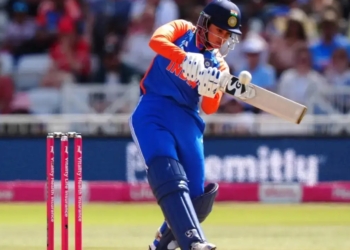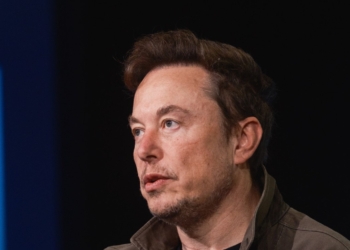India is gearing up to launch a nationwide vaccination campaign against human papillomavirus (HPV), the main cause of cervical cancer, in the second quarter of this year. The campaign aims to immunize girls between the ages of 9 and 14 in three phases over the next three years, and then include the HPV vaccine in the routine immunization program for 9-year-old girls.

Cervical cancer: A major public health challenge
Cervical cancer is the second most common cancer among women in India, accounting for nearly 23% of all cancer cases in the country. According to the World Health Organization (WHO), India has the highest burden of cervical cancer in the world, with an estimated 97,000 new cases and 60,000 deaths every year. Cervical cancer is also a leading cause of mortality and morbidity among women of reproductive age, affecting their quality of life and economic productivity.
The main risk factor for cervical cancer is persistent infection with HPV, a group of viruses that can infect the genital area and cause warts or cancer. There are more than 100 types of HPV, of which at least 14 are known to be carcinogenic. HPV types 16 and 18 are responsible for 70% of cervical cancers worldwide.
HPV vaccine: A safe and effective prevention tool
The HPV vaccine can prevent infection with the most common and dangerous types of HPV, and thus reduce the risk of cervical cancer and other HPV-related diseases. The WHO recommends vaccinating girls aged 9 to 14 years, before they become sexually active and exposed to HPV. The vaccine is given in two doses, six to 12 months apart, and provides long-lasting protection.
The HPV vaccine has been proven to be safe and effective in several clinical trials and post-marketing surveillance studies, involving more than 270 million doses administered worldwide. The vaccine has been shown to prevent more than 90% of cervical precancers and genital warts caused by HPV types 16, 18, 6 and 11. The vaccine has also been found to have no serious adverse effects, and the most common side effects are mild and transient, such as pain, swelling and redness at the injection site.
India’s HPV vaccination campaign: A milestone for women’s health
India’s HPV vaccination campaign is a landmark initiative for the country’s public health system, as it will be the first time that a vaccine against a sexually transmitted infection will be offered to millions of girls for free. The campaign is expected to benefit about 30 million girls in the first phase, and about 90 million girls in the next two phases.
The campaign will use an indigenously developed and affordable HPV vaccine, called Cervarix, manufactured by the Serum Institute of India (SII). The vaccine costs Rs 2,000 per dose in the private market, but will be provided free of cost by the government. The vaccine covers four HPV types: 16, 18, 6 and 11, and has been approved by the Drug Controller General of India (DCGI) and the WHO.
The campaign will be implemented in collaboration with the state governments, the National Health Mission, the Ministry of Health and Family Welfare, the Ministry of Women and Child Development, the Ministry of Education, and other stakeholders. The campaign will also involve awareness generation, community mobilization, training of health workers, and monitoring and evaluation.
The campaign is expected to have a significant impact on reducing the incidence and mortality of cervical cancer in India, as well as improving the overall health and well-being of women and girls. The campaign will also contribute to the achievement of the Sustainable Development Goals (SDGs), especially the goals of ensuring good health and gender equality.



















